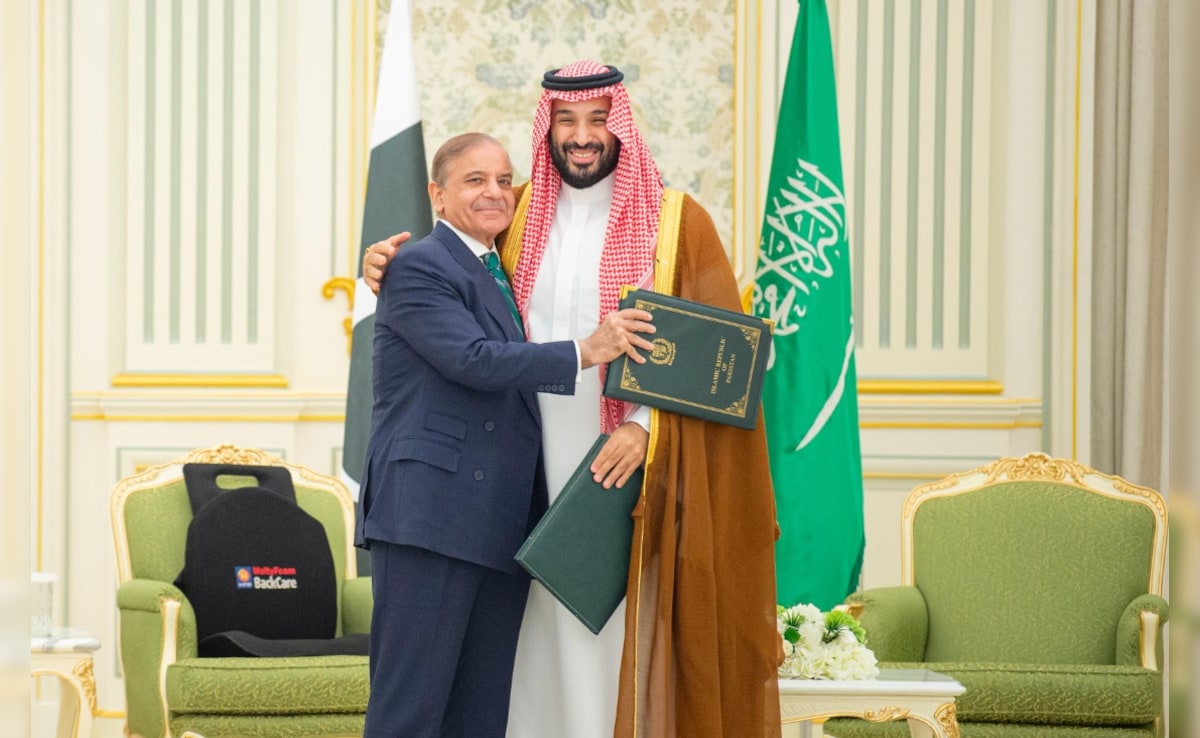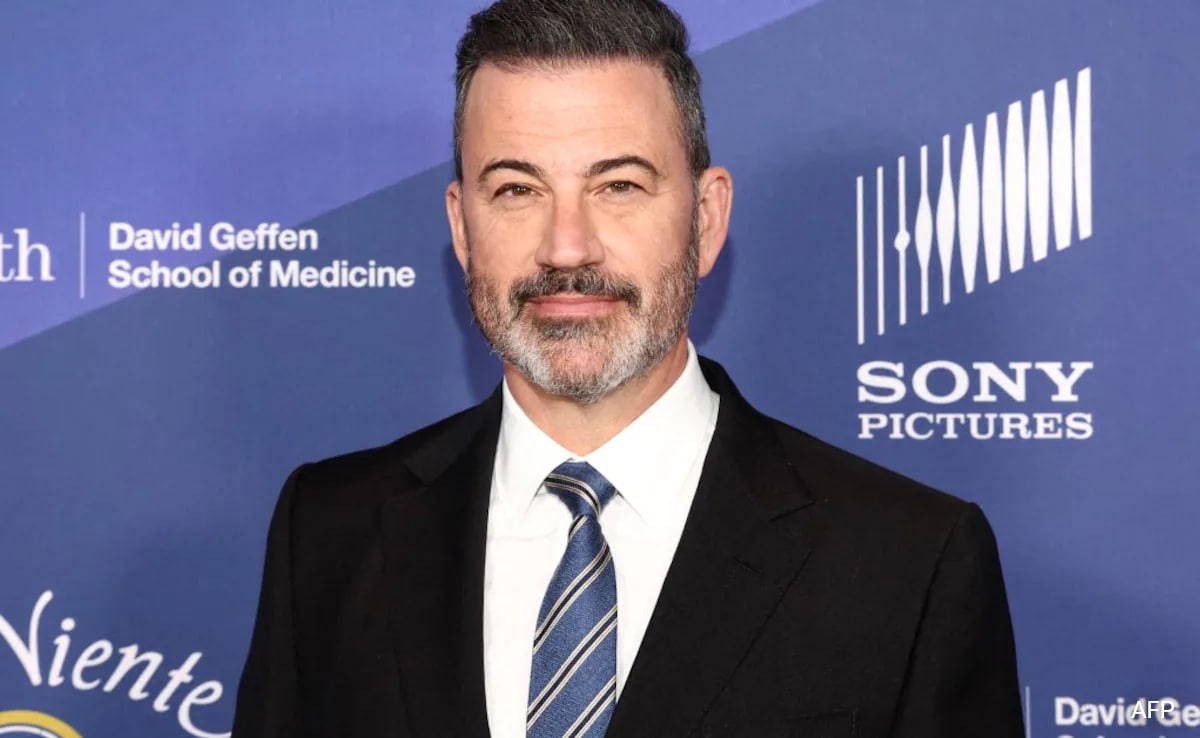This report has been updated.
As Russia batters Ukraine and NATO countries send troops to Eastern Europe, a separate conflict between Moscow and the West is playing out in the world of diplomacy.
As part of a strategy to punish Russia for its brutal invasion, as well as undermine its activities abroad, the United States and some European nations have expelled Russian diplomats or embassy personnel in the weeks since the war started.
Some countries — such as the United States, Poland and Slovakia — have accused Russian embassy staff of using diplomatic cover to engage in espionage. Others, including the Baltic states, have simply cited what they said were breaches of the 1961 Vienna Convention on Diplomatic Relations. Other nations, including Germany and Lithuania, have announced diplomat expulsions, prompted by scenes of Russian aggression in Bucha, a suburb northwest of Kyiv.
Moscow has called the spying accusations baseless. It has also responded in kind, expelling some Western diplomats from Russia.
It’s not the first time Western nations have banished Russian diplomats. In recent years, Russian diplomats were targeted for expulsion by President Barack Obama for hacking related to the 2016 presidential election. In 2018, over two dozen nations ejected a total of more than 150 Russian diplomats — the largest number since the Cold War — after intelligence operatives attacked Russian ex-spy Sergei Skripal with a nerve agent in Salisbury, England.
President Obama expels 35 🇷🇺 diplomats in Cold War deja vu. As everybody, incl 🇺🇸 people, will be glad to see the last of this hapless Adm. pic.twitter.com/mleqA16H8D
— Russian Embassy, UK (@RussianEmbassy) December 29, 2016While many nations in 2018 expelled a symbolic one or two diplomats, the United States expelled 60, and Britain, 23. Russia responded, appearing unfazed.
US administration🇺🇸 ordered the closure of the Russian Consulate in Seattle @GK_Seattle🇷🇺. What US Consulate General would you close in @Russia, if it was up to you to decide
— Russian Embassy in USA 🇷🇺 (@RusEmbUSA) March 26, 2018Since the Russian invasion of Ukraine, more than 100 Russian diplomats from about a dozen countries have been asked to leave their postings. Here is the status of the expulsions:
Feb. 28: United States
The United States Mission to the United Nations announced it had begun a process of expelling 12 “intelligence operatives” from the Russian Permanent Mission to the United Nations, for having “abused their privileges” of U.S. residency by “engaging in espionage activities that are adverse to our national security.” The action had been in development for several months, the U.S. mission said.
March 4: Montenegro
Montenegro declared one diplomat of the Russian Embassy in Podgorica persona non grata, citing a breach of diplomatic norms.
March 14: Slovakia
Slovakia expelled three Russian Embassy staff members and urged the embassy to ensure its employees follow diplomatic conventions.
A day later, Slovakia charged two people with espionage for Russia. One was a former military academy officer who was an “intelligence contact of Russian GRU officers … for whom he sought, collected and divulged information of strategic importance,” according to Slovakia police chief Stefan Hamran. The other man was described by Reuters as a contributor to a website shut for spreading disinformation.
March 18: Latvia, Lithuania, Estonia, Bulgaria
In a coordinated move, Latvia, Lithuania and Estonia expelled a total of 10 Russian diplomats “in connection with activities that are contrary to their diplomatic status and taking into account ongoing Russian aggression in Ukraine,” Latvian Foreign Minister Edgars Rinkevics said in a tweet.
The same day, Bulgaria announced it would kick out 10 diplomats, marking an unprecedented move for a country with deep traditional ties with Russia.
March 23: Poland
Poland “expelled 45 Russian spies pretending to be diplomats,” Polish Interior Minister Mariusz Kaminski said in a tweet. “With full consistency and determination, we are breaking up the agents of the Russian secret services in our country.”
In an interview with The Post, Stanislaw Zaryn, a spokesman for Poland’s security services, said the expelled diplomats included people known to be working for, or aiding, Russia’s secret services, while benefiting from diplomatic status in Poland. The security agency found that the activities of the 45 Russians have served “the objectives of the Russian undertakings designed to undermine the stability of Poland and its allies,” according to a government statement.
Russia’s ambassador to Poland said embassy employees have been doing “normal diplomatic and trade work,” according to Russia’s state-run news agency, Tass.
Poland’s foreign ministry spokesman Lukasz Jasina said the individuals had five days to leave the country — but one particularly dangerous individual had 48 hours. Zaryn told the AP that person had been in contact with a Polish individual working in Warsaw’s registry office, who had been detained on suspicion of espionage for the Russian secret services on March 17.
“The illegal activities of these diplomats can also pose a threat to those people who left their country to flee the war and found protection in our country,” Jasina said.
March 24: Russia
Russia said it informed Montenegro that it is expelling a diplomat from Russia.
March 28: Russia
Russia took retaliatory action by expelling three Embassy of Slovakia in Moscow employees.
March 29: Belgium, Netherlands, Czech Republic, Ireland
Belgium orders 21 Russian diplomats to leave for activities related to espionage or unlawful influence peddling, the country’s Foreign Ministry confirmed Tuesday.
Netherlands said it was expelling 17 Russians described as intelligence officers. Czech Republic ejected one diplomat. Ireland told four senior Russian officials that they had to leave for actions considered “in accordance with international standards of diplomatic behaviour.”
March 29: Russia
Russia announced it was canceling the accreditation of diplomats of 10 diplomats from Baltic states, denouncing the “provocative” and “groundless” action taken against Russian diplomats less than two weeks prior. Russia expelled the same number of diplomats that were expelled from the respective nations: three each from Estonia and Latvia, and four from Lithuania.
April 4: Germany, France, Lithuania
In a move prompted by scenes of what she described as “unbelievable brutality” in the Ukrainian city of Bucha, Germany’s foreign minister, Annalena Baerbock, said Germany declared 40 Russian diplomats “undesirable persons.” In a statement, Baerbock said the diplomats had “worked against our freedom” and posed a threat to the cohesion of German society.
France’s foreign affairs ministry also said that it would expel Russian diplomats from France “whose activities are contrary to our security interests.” The ministry said this “action is part of a European approach. Our first responsibility is always to ensure the safety of French people and Europeans.” The move could affect as many as three dozen diplomats.
Lithuania’s Foreign Ministry announced that the Russian ambassador must leave Lithuania, and that the government is also closing Russia’s consulate in Klaipeda, Lithuania. The Lithuanian ambassador to Moscow is also returning to Lithuania in the “near future,” the ministry announced.
“Lithuania is lowering the level of diplomatic representation with Russia, this way expressing its full solidarity with Ukraine and the Ukrainian people,” said Lithuanian Foreign Minister Gabriel Landsbergis in a statement.
“What the world has seen in Bucha, unfortunately, may only be the beginning. With other liberated cities, we may see more horrific examples of war crimes,” Landsbergis said. “All war crimes and crimes against humanity committed by the Russian armed forces in Ukraine will not be forgotten.”
April 5: Denmark, Italy, Slovenia, Spain, Sweden, Latvia and the European Union’s diplomatic service
As the fallout from the killings of civilians in Bucha continued, more European countries, along with the E.U.'s diplomatic service, moved to expel Russian diplomats and staffers.
Amid accusations of spying, Denmark’s Foreign Ministry said on Twitter that 15 Russian diplomats working at the Russian Embassy in Copenhagen will be expelled. “They pose a threat to our national security. It’s in our mutual interests to maintain diplomatic ties, but we will not accept Russian espionage on Danish soil,” Foreign Affairs Minister Jeppe Kofod said.
Italian Foreign Minister Luigi Di Maio said that his country was expelling 30 Russian diplomats “for reasons of national security.” Russia promised to retaliate against Denmark and Italy, Russian media reported.
Also citing security concerns, as well as the killings in Bucha and destruction of Mariupol, Spain’s Foreign Minister José Manuel Albares announced the country was expelling “around 25 diplomats.”
Sweden said it would expel three Russian diplomats, accusing them of spying. “It is because they are not following the Vienna Convention and they are undertaking illegal intelligence-gathering operations,” Foreign Minister Ann Linde said to reporters.
Estonia announced it would shut two Russian consular outposts in the cities of Narva and Tartu and would expel 14 staff members, among them seven diplomats, while Latvia’s Foreign Minister said the country would expel 13 Russian diplomats and employees and close two Russian consulates.
Taking into account atrocities committed by Russian armed forces in Ukraine, Latvia has decided to close Russian Consulates General in Daugavpils and Liepaja and to expel 13 Russian diplomats and employees
— Edgars Rinkēvičs (@edgarsrinkevics) April 5, 2022The diplomatic service of the European Union, the European External Action Service, announced in a press release that 19 members of Russia’s Permanent Mission to the EU were declared “personae non-gratae” and would have to leave Belgium.
“The decision comes at the time of mounting reports about atrocities committed by Russia’s armed forces in a number of occupied Ukrainian towns that have now been liberated, notably Bucha," the release said, adding that the European Union “stands in full solidarity with Ukraine.”
Quentin Ariès, Rick Noack, Emily Rauhala, Isaac Stanley-Becker and Anabelle Timsit contributed to this report.
.png)











 English (United States) ·
English (United States) ·  Turkish (Turkey) ·
Turkish (Turkey) ·